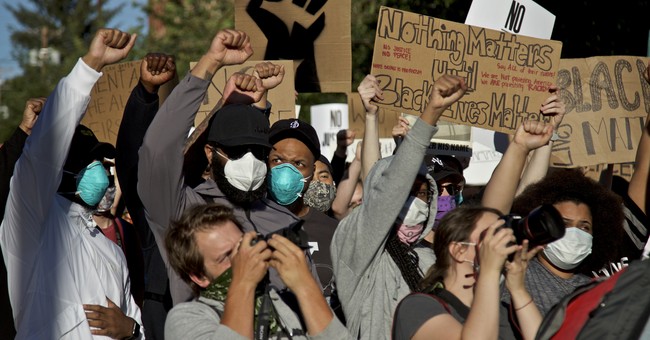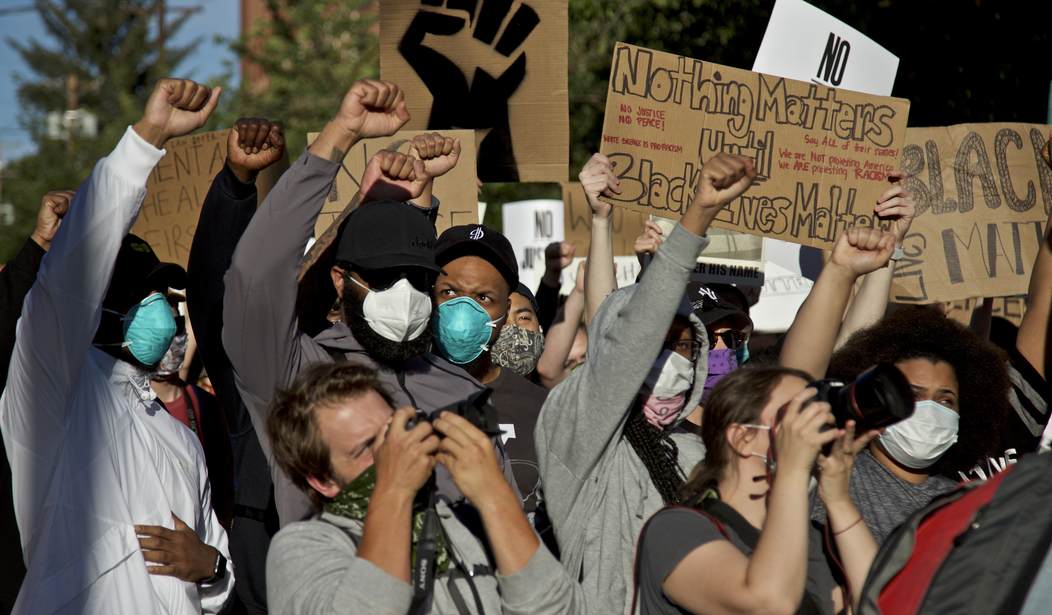
As schools gradually reopen, which kids deserve priority over others? Or should there be such a thing?
The state of Washington believes so.
The public school system’s released a program to get kids back in class, but it’s picking and choosing who should return based on their status in the culture’s new hierarchy of importance.
According to the plan, “students furthest from educational justice” — as well as “students of color” — will be given priority for face-to-face education.
As reported by The Post Millennial, the Office of the Superintendent of Public Instruction has released the document “Reopening Washington Schools 2020,” which promotes a “phased-in” approach expecting “that districts will prioritize face-to-face instruction.”
Among priorities for who receives such: “Serve all elementary students first.”
And also: “Serve students furthest from educational justice first, including students with disabilities, English learners, students experiencing homelessness, students experiencing poverty, students of color, and other student groups.”
It seems they might’ve saved time by pointing out which group won’t be given priority.
In Superintendent Chris Reykdal’s introductory letter, he explains the new arrangement “was influenced by the civil unrest across the country in response to overt racial injustice and inequality.”
To hear Chris tell it, teachers have a higher calling than teaching:
“We are educators. We know that despite real progress, educational systems and institutions continue to contribute to racial inequality and injustice. We know that we have a much higher responsibility than teaching content in classrooms. We know that each of us owns a piece of injustice. We have an opportunity in the reopening of our schools to take another step forward in what must be a lifetime of energy toward a more just world.”
The layout also includes an “Equity Statement.”
Here’s a piece:
“Ensuring educational equity goes beyond equality. It requires education leaders to examine the ways current policies and practices result in disparate outcomes for our students of color, students living in poverty, students receiving special education and English Learner services, students who identify as LGBTQ+, and highly mobile student populations.”
And the state also confirms, in case you were doubtful — racism and prejudice are indeed ingrained within our systems:
“The impacts of fear, hatred, and systemic and structural racism within institutions cannot be ignored, and they yield tragic outcomes. Washington’s public education system must engage in anti-racist capacity building, leadership, and resource allocation. Dismantling systemically racist structures will make progress on inclusivity and will better serve students of color, students with disabilities, students who are English learners, students who are migratory, students experiencing homelessness, students in foster care, students experiencing intergenerational poverty, and students who identify as LGBTQ+.”
According to CNN, that term — “anti-racism” — is notably different than simply not being racist.
As per the outlet, “Being anti-racist means more than ridding yourself of racist attitudes, beliefs and behaviors. It means you’re also actively fighting that reprehensible trinity as it manifests in your life on a daily basis.”
It means canceling “a range of subtle but insidious attitudes, behaviors and policies.
One such microagression: saying, “I’m colorblind; I don’t care if you’re white, black, yellow, green or purple.”
For a lot more, see here.
Back to Washington, the state’s committed to “support students furthest from educational justice.”
But it’s uncertain how or when they’ll do that; just after Superintendent Chris announced schools would reopen, Governor Jay Inslee said they won’t.
Whenever they do, they’ll be in Chris and the rest’s prioritizing hands.
The crew’s set on making sure even math isn’t so racist. From my article last October:
Led by Superintendent Chris Reykdal, OSPI is the primary agency charged with overseeing public K–12 education in Washington state.
…
Origins, Identity and Agency, as defined by ethnic studies, is the ways in which we view ourselves as mathematicians and members of broader mathematical communities. Mathematical theory and application is rooted in the ancient histories of people and empires of color. All human endeavors include mathematical thinking; from humanities to the arts to the sciences.
…
Power and oppression, as defined by ethnic studies, are the ways in which individuals and groups define mathematical knowledge so as to see “Western” mathematics as the only legitimate expression of mathematical identity and intelligence. This definition of legitimacy is then used to disenfranchise people and communities of color. This erases the historical contributions of people and communities of color.
Education sure seems complicated these days. So goes, it would appear, the valiant quest for equity and justice for all.
-ALEX
See 3 more pieces from me:
Virginia’s Largest School District Adopts New ‘Anti-Racist’ Curriculum
Miracle: Retired Marine Dives to Save a Terrified Toddler Tossed From a Third Story Inferno (VIDEO)
Find all my RedState work here.
And please follow Alex Parker on Twitter and Facebook.
Thank you for reading! Please sound off in the Comments section below.













Join the conversation as a VIP Member